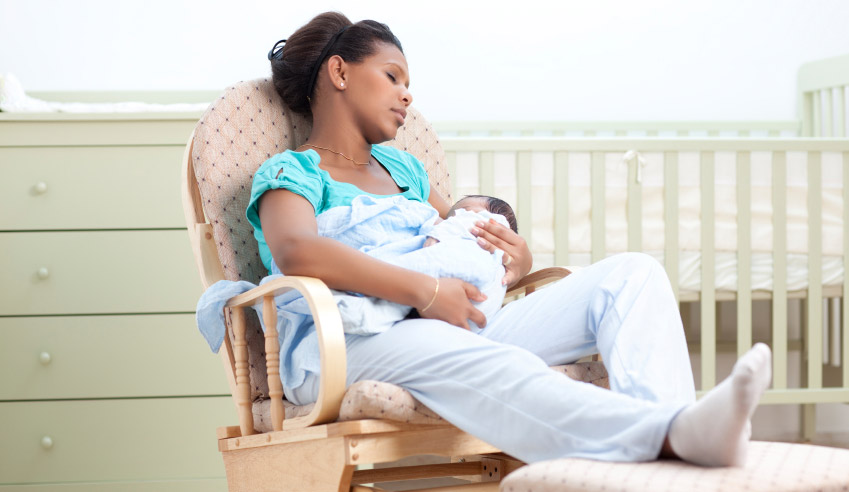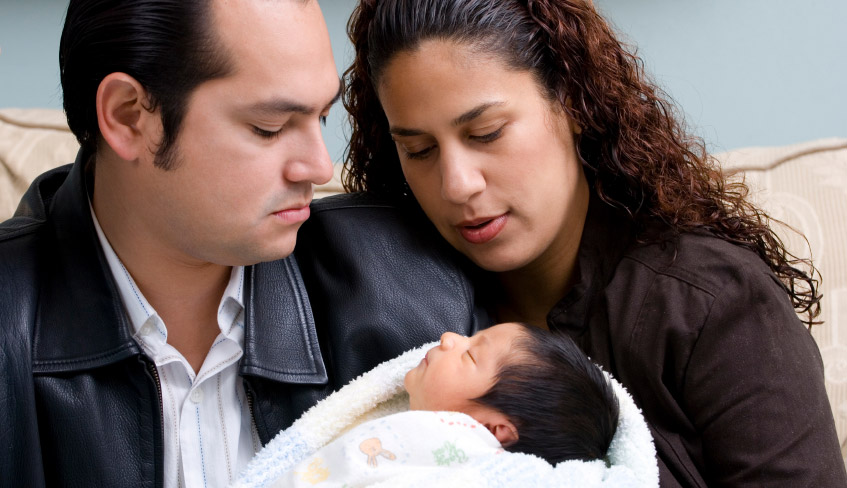
Are you feeling
SAD? OVERWHELMED?
ANXIOUS? NUMB?
We understand. We can help.
Telephone Support: (604) 255-7999
Toll Free: (855) 255-7999
www.postpartum.org
(We welcome self-referrals)
We offer telephone support and weekly support groups throughout the Lower Mainland.
We support Dads, too!
(Initial contact will be with English-speaking staff. For support in Spanish, please let the worker know your name, your contact number, and request our Spanish-speaking worker call you)
It is most important to remember that having postpartum sadness or challenges is not the woman’s fault. It is not an indication that she is incapable, or “crazy”, or weak.
With the appropriate treatment and support, you will feel better and heal.

If your youngest child is under three years, or if you are currently pregnant, and you have any of the above feelings, we can help.
Extra challenges and barriers faced by Spanish-speaking immigrants may include:

“I feel that I had more freedom in my native country to choose what I want regarding health care”
“I found myself isolated in my home, feeling hopeless.”
“I was the mum who was reading a lot because I wanted to be informed… and I realized how stressed out I was because of all this information.”
“In Mexico, the nurses take the baby away, so you can rest and you can sleep and everything. And here… now you are a mum; you have to take care of him or her twenty-four-seven, no matter what.”
“I started to notice that I was very short tempered with both of my children and very impatient, very intolerant. And over time, this was escalating. And I realized that I was starting to be out of control of my emotions.”
“I thought I needed to be strong… I tried to show a different face to my husband because I didn’t want to make him worry.”
“The Pacific Post Partum Support Society has been like the hand who saw me falling down and they went and picked me up and brought me back to life. To a real, happier life.”
Funding for this section provided by Integrated Primary and Community Care, Vancouver Coastal Health.
Since 1971, the Pacific Post Partum Support Society has been supporting new mothers and their families through the perinatal and postpartum adjustment period. With over 40 years of experience, our Society has developed a unique and effective treatment program for postpartum depression and anxiety.
Our Mission
To end the isolation and distress experienced by many women and their families with the profound life change that accompanies the birth or adoption of a child.
For more information, please contact us at:
Pacific Post Partum Support Society
200 – 7342 Winston Street
Burnaby, BC V5A 2H1
Telephone Support Line: (604) 255 7999
Toll Free: (855) 255-7999
Business Line: (604) 255 7955
www.postpartum.org
Funding for Spanish-language content provided by Integrated Primary and Community Care, Vancouver Coastal Health.